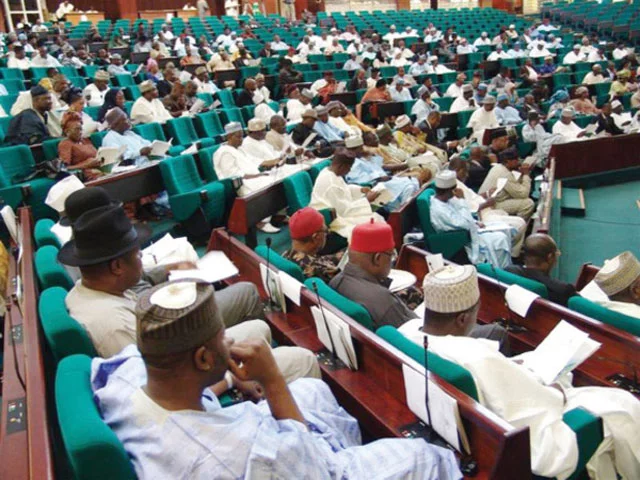A proposed amendment to the Electoral Act, 2022, titled “A Bill for an Act to Amend the Electoral Act, 2022 and for Related Matters (HB. 37),” sponsored by Representative Francis Ejiroghene Waive from Delta State, successfully passed its second reading in the House of Representatives. The bill introduces significant changes aimed at enhancing the integrity and efficiency of electoral processes in Nigeria.
Key amendments proposed by Rep Waive include:
1. **Mandatory Decennial Voter Registration**: To ensure an up-to-date and accurate voter register, the bill suggests that the Independent National Electoral Commission (INEC) undertakes a comprehensive voter registration exercise every ten years. This measure aims to address the current limitations of the validation and continuous registration process by removing deceased individuals and those with duplicate registrations from the voter list.
2. **Unified Election Day**: To mitigate the logistical and financial challenges of staging elections on different dates, the bill proposes that all major electoral contests—presidential, governorship, national assembly, and state houses of assembly elections—be conducted simultaneously. This approach, which excludes off-cycle elections in states like Kogi, Bayelsa, Imo, Ondo, and Edo, is intended to eliminate the cascading influence of presidential election outcomes on subsequent polls.
3. **Mandatory Electronic Transmission of Results**: The bill seeks to clarify and enforce the electronic transmission of electoral results by amending Section 60, Sub-section (5) of the Electoral Act 2022. It specifies that presiding officers must electronically transmit the total number of accredited voters and ballot results as prescribed by INEC, addressing current ambiguities and varied court interpretations.
4. **Penalties for Frivolous Election Petitions**: To discourage the submission of baseless legal challenges that drain resources and time, the bill proposes amending Section 130, sub-section 2 of the Electoral Act 2022. It introduces substantial fines for litigants who file petitions deemed frivolous by the courts, aiming to streamline the electoral dispute resolution process.
These amendments represent Rep Waive’s efforts to refine the electoral system, focusing on transparency, efficiency, and the discouragement of legal obstructionism. The proposal underscores the commitment to reforming Nigeria’s electoral landscape to better serve its democratic aspirations.


